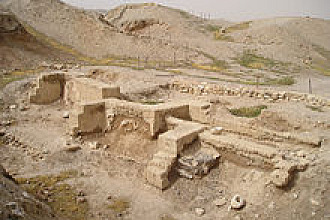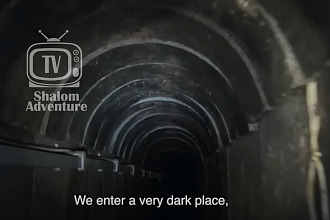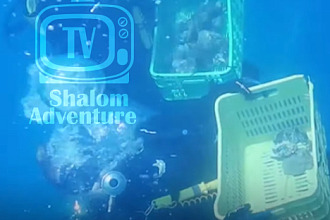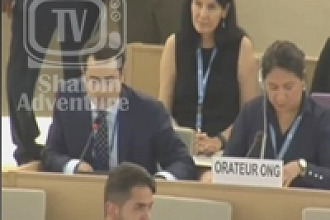The Israeli cabinet has recently planned to approve millions of dollars in funding for the Red Sea-Dead Sea Water Conveyance Project, sometimes referred to as the Two Seas Canal, revealed the Jerusalem Post. Furthermore, the governments of Israel and Jordan have each pledged the equivalent of $40 million USD per annum over the next 25 years, with total pledged funding exceeding $2 billion.
“This is important for regional cooperation,” Tzachi Hanegbi, former Deputy Minister of Foreign Affairs, former Deputy Minister of Health, and current Chair of the Knesset Arrangement Committee stated in a phone interview with the Jerusalem Post. “Prime Minister Benjamin Netanyahu was convinced that peace has a price, and he agreed to it.”
Israeli Prime Minister Netanyahu was skeptical of the cost of the program as recently as last month, the British Israel Communications and Research Centre reported. However, Jordan remained enthusiastic about the project going forward, and President Trump further encouraged Israel either to proceed with funding the project or propose viable alternatives.
“This is the largest joint project in the Middle East between Israel and an Arab state,” Hanegbi continued. “Jordan has severe water issues and Israel wants to maintain Jordan’s stability. It’s the country with which we have our longest border.”
The Red Sea-Dead Sea Project is an initiative to construct a pipeline to channel water from the Red Sea to a desalination center in the Jordanian port city of Aqaba, according to Bloomberg. The goal is providing potable water to Israel, most notably the Arava Desert, drought-stricken Jordan, and surrounding Palestinian communities while stabilizing the 3.3 foot a year decline in water level of the Dead Sea (mainly due to diversion to the Jordan River) by rerouting a brine byproduct from the Aqaba desalination plant 125 miles north to the Lisan area of the Dead Sea.
As a landlocked saltwater lake, the Dead Sea naturally has high saline levels, and has one of the highest salinity levels of any body of the water in the world surpassing even salinity of ocean water. Thus the brine will not affect the natural ecosystem. The increased water levels are anticipated to alleviate subsequent sinkholes, landslides, and receding beaches that are not only destroying aquatic life, but adversely affecting local potash harvests and tourism.
Furthermore, both Israel and Jordan are anticipated to benefit from the construction of hydroelectric power plants resulting from the deal.
While the original feasibility studies date back to 2005, Israel and Jordan began the latest round pipeline negotiations in 2013. However, political friction over the years over the Palestinian peace talks, the disputed status of Jerusalem and various holy sites, as well as the death of a Jordanian security guard by an Israeli at the Amman embassy in 2017 have stalled progress, Bloomberg reported.
Israeli Energy Minister Yuval Steinitz met with Jordanian Water Minister Raed Abu-Saood last fall to rejuvenate progress on the stalled pipeline project, British Israel Communications elaborated. Various forms of the deal were discussed including building a desalination plant but not following through on the canal project as a cost-saving measure, and that Israel could come up with alternative ways to funnel the saltwater to the Dead Sea.
“The Red Sea-Dead Sea canal will enable Jordan to deal with its water troubles,” Hanegi commented to the Times of Israel. “[It will] allow us to work toward saving the Dead Sea from drying up and most importantly strengthen the peace between us and an Arab state that maintains a peace agreement with Israel.”


























